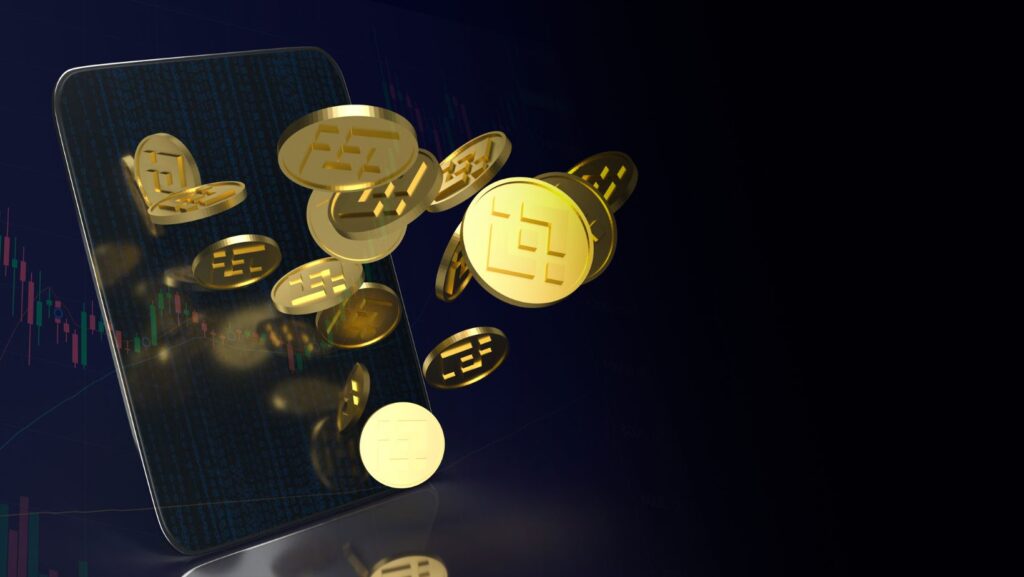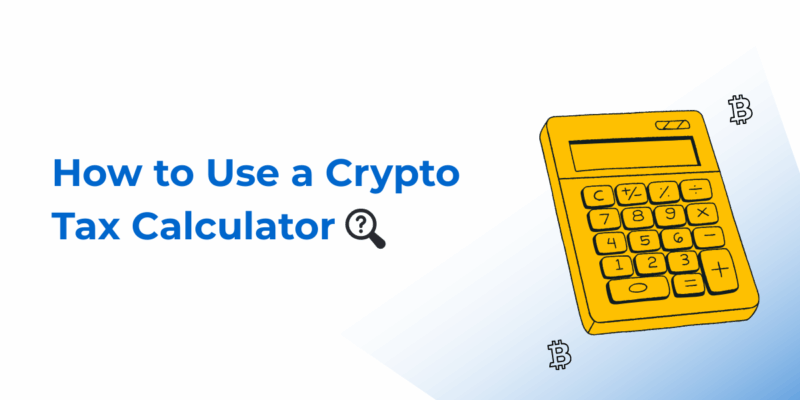
In the ever-evolving landscape of cryptocurrency, privacy coins have emerged as a significant player. Unlike traditional digital currencies, privacy coins offer enhanced anonymity and confidentiality in transactions. As digital surveillance becomes more pervasive, these coins attract users seeking financial privacy and autonomy. For those interested in deepening their understanding of such financial innovations, Queltex Ai provides valuable investment education.
Understanding Privacy Coins: What Sets Them Apart?
Privacy coins are cryptocurrencies designed with features that ensure transaction anonymity. Notable examples include Monero and Zcash. Unlike mainstream cryptocurrencies like Bitcoin, which offer pseudonymity, private coins use advanced cryptographic techniques to obfuscate transaction details. This includes hiding the identities of senders and receivers, as well as the transaction amounts. Monero, for instance, employs ring signatures and stealth addresses to mix transaction outputs, making it nearly impossible to trace transactions back to a specific user. Zcash, on the other hand, utilizes zk-SNARKs (zero-knowledge succinct non-interactive arguments of knowledge) to enable completely private transactions while still allowing selective disclosure for auditing purposes.
The Hidden Economy: How Privacy Coins Support Financial Anonymity
Privacy coins are integral to the hidden economy, often referred to as the “dark” or “shadow” economy. They facilitate anonymous transactions, providing a layer of security for users in jurisdictions with oppressive financial oversight or where privacy is crucial. While these coins are sometimes associated with illicit activities, such as money laundering or illegal trade, they also serve legitimate purposes. For example, individuals in politically unstable regions may use privacy coins to protect their assets from confiscation or devaluation. Furthermore, privacy coins empower individuals to maintain their financial sovereignty, free from the prying eyes of governments and corporations.
Privacy Coins and the Decentralized Finance (DeFi) Revolution
The integration of privacy coins into the DeFi ecosystem is an emerging trend. DeFi platforms, which offer financial services like lending, borrowing, and trading without intermediaries, benefit from the privacy features of these coins. Privacy-preserving decentralized applications (dApps) leverage technologies like zk-SNARKs to offer anonymous financial services. This development is crucial as it addresses the privacy concerns of users who engage in DeFi activities. By combining the principles of decentralization and privacy, these platforms provide a secure environment for users to transact without revealing their identities or financial data.
Challenges and Controversies: Regulation and Legal Issues
The regulatory landscape for privacy coins is complex and varies by jurisdiction. Governments and regulatory bodies often view these coins with suspicion due to their potential to facilitate illegal activities. Consequently, several countries have taken steps to regulate or ban privacy coins.

For instance, South Korea banned the trading of privacy coins on domestic exchanges, citing concerns over money laundering. The U.S. has also been tightening its regulatory framework, with agencies like the Financial Crimes Enforcement Network (FinCEN) scrutinizing transactions involving privacy coins. The lack of a unified global regulatory approach complicates compliance for businesses operating in the sector, as they must navigate a patchwork of regulations.
Technological Innovations and Future Developments
Recent technological advancements are shaping the future of privacy coins. Innovations like zero-knowledge proofs and ring confidential transactions are continually enhancing the privacy features of these coins. For instance, the development of modular blockchain architectures allows for more efficient and scalable privacy solutions. These architectures separate transaction execution, settlement, and data availability, enabling specialized chains to focus on specific functions. As these technologies evolve, they promise to make privacy coins more secure and user-friendly, potentially increasing their adoption.
Privacy Coins in the Context of the Global Economy
Privacy coins play a unique role in the global economy, particularly concerning economic decentralization. As traditional financial systems grapple with challenges like economic sanctions and currency devaluation, privacy coins offer an alternative that is resistant to government intervention. They also align with the broader trend of de-dollarization, as countries seek to reduce their reliance on the U.S. dollar in international trade. Privacy coins, being supranational and not tied to any single country, provide a neutral medium of exchange that can facilitate cross-border transactions without the need for traditional financial intermediaries.
Conclusion: The Future of Privacy Coins
Privacy coins represent a critical facet of the cryptocurrency landscape, offering unparalleled privacy and security features.

While they face regulatory challenges, their role in promoting financial autonomy and protecting individual privacy remains significant. As technological advancements continue to enhance their functionality, privacy coins are likely to play an increasingly vital role in the future of digital finance. Their ability to operate outside traditional financial systems makes them a valuable tool for those seeking to maintain their financial independence in an age of growing digital surveillance.












